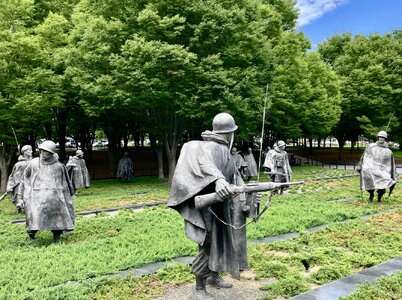We all know what happened June the 6th 1944 at Normandy but here is a good read of a good soldier on that very day. Theodore Roosevelt Jr. He was a brigadier general who landed on the beach with the first wave of troops. He was only one of two generals who landed. His story is inspiring. God Bless USA.
https://www.cmohs.org/news-events/medal-of-honor-recipient-profile/theodore-roosevelt-jr/
https://www.cmohs.org/news-events/medal-of-honor-recipient-profile/theodore-roosevelt-jr/






